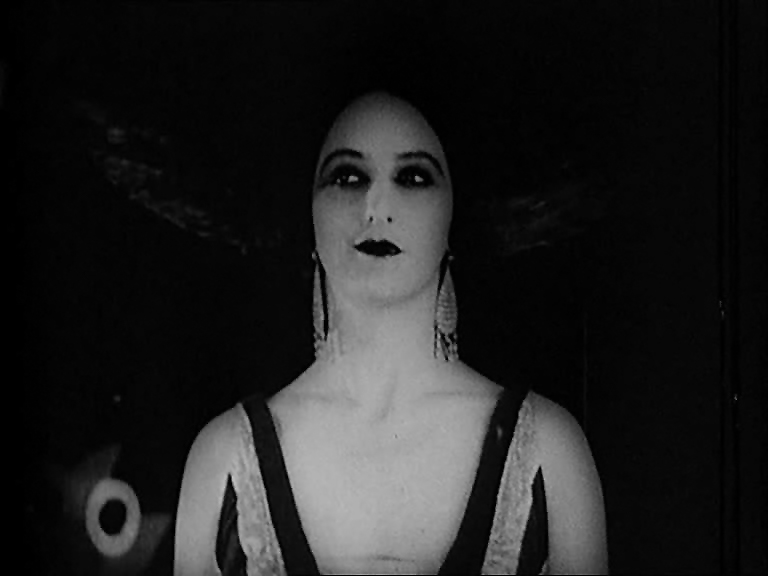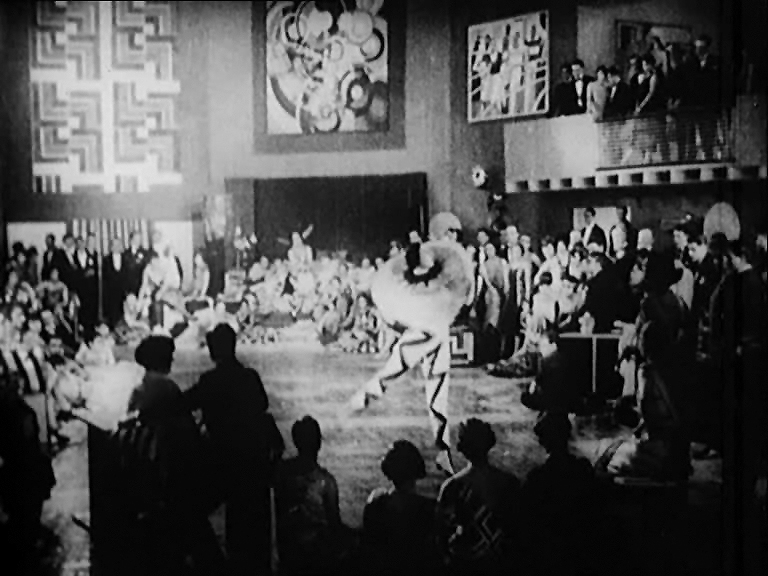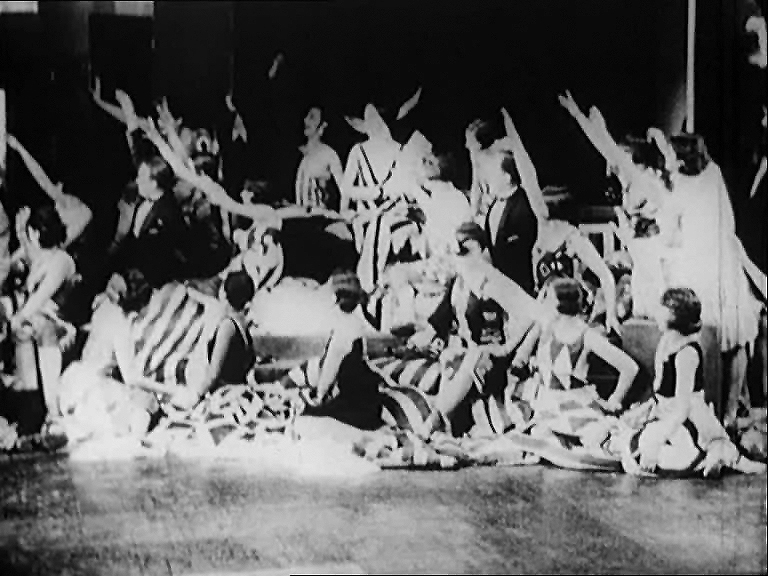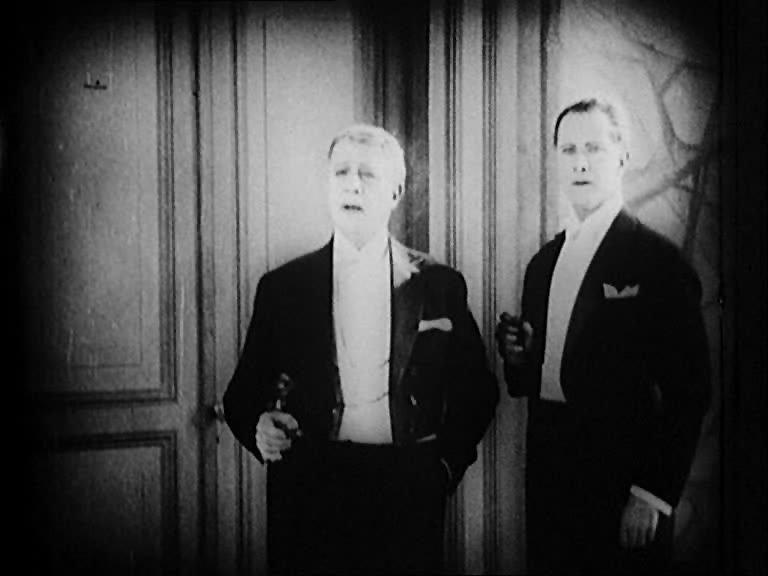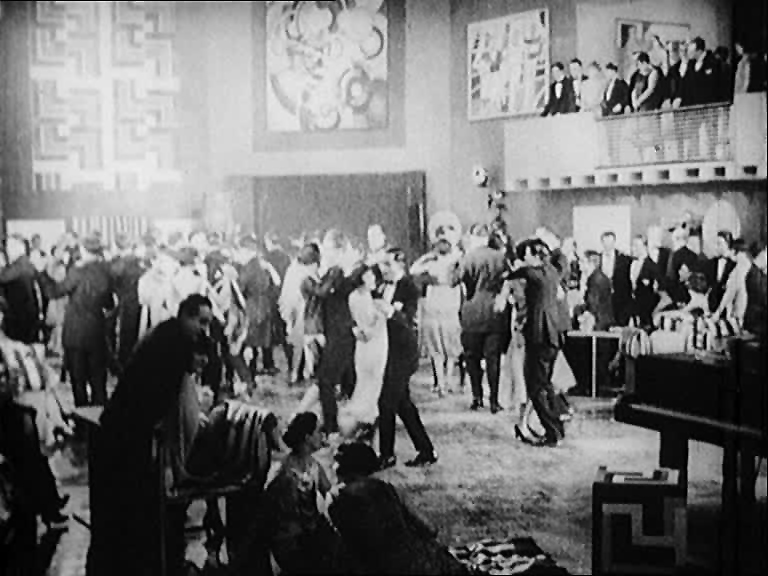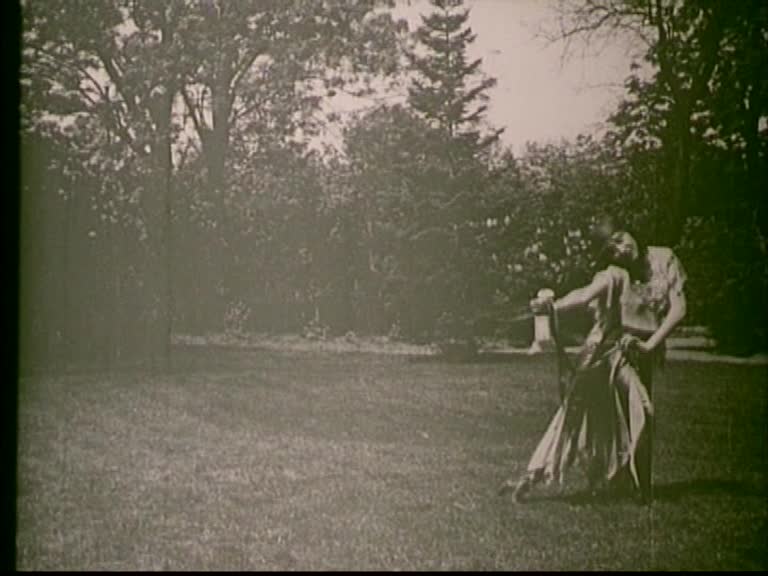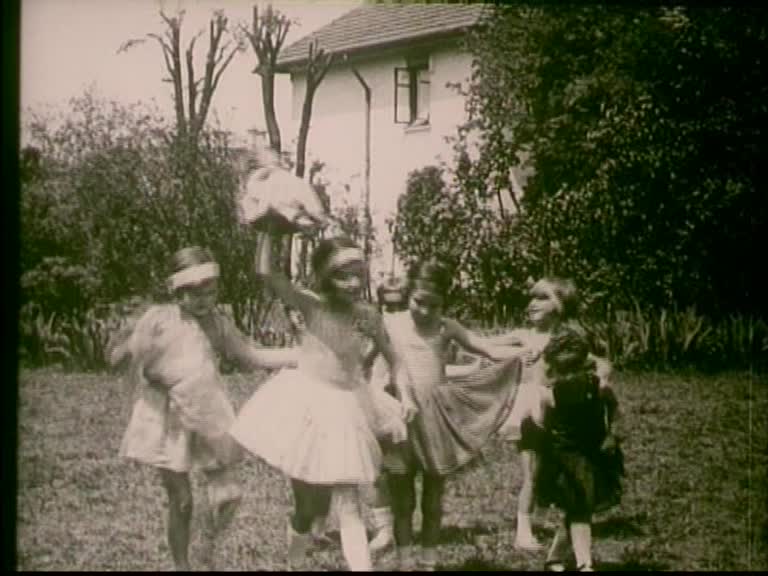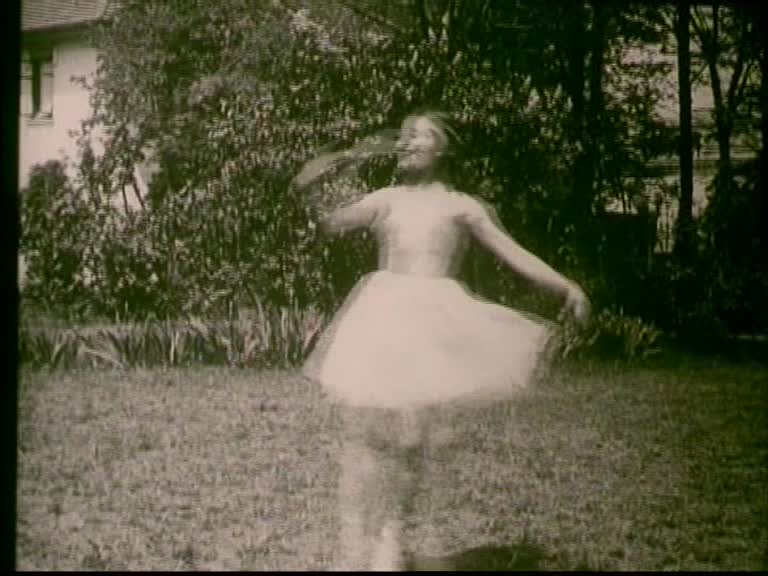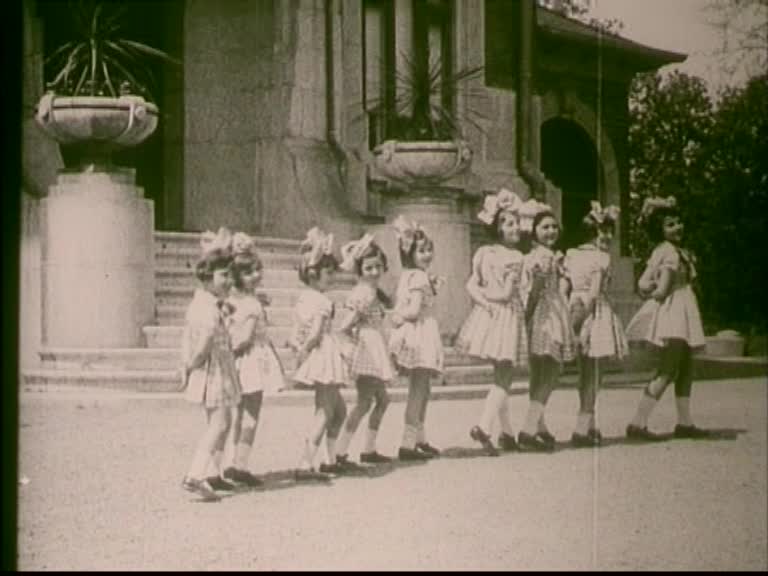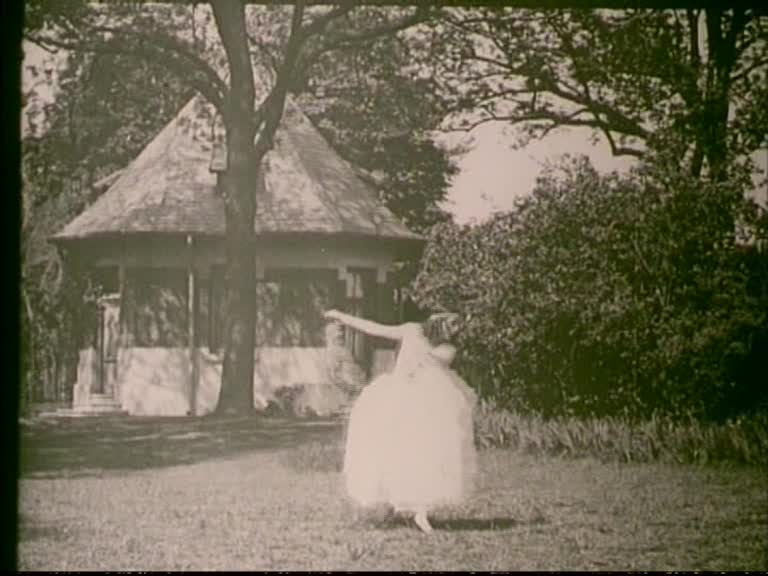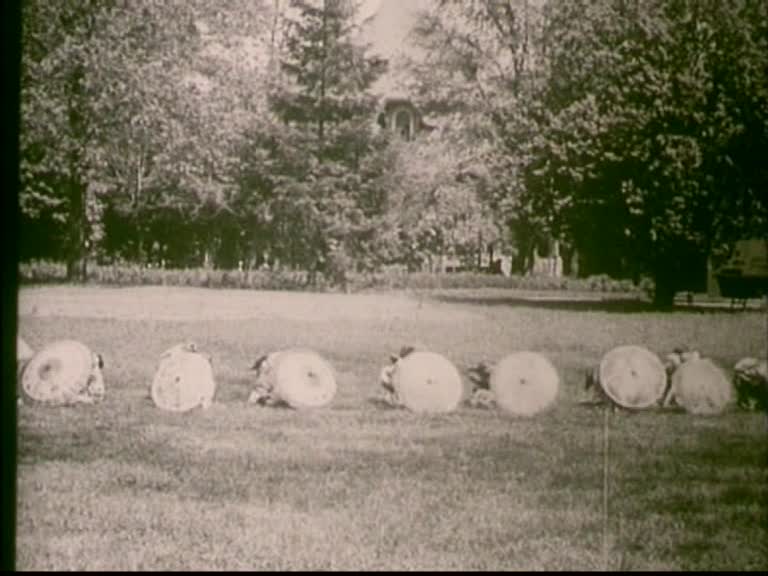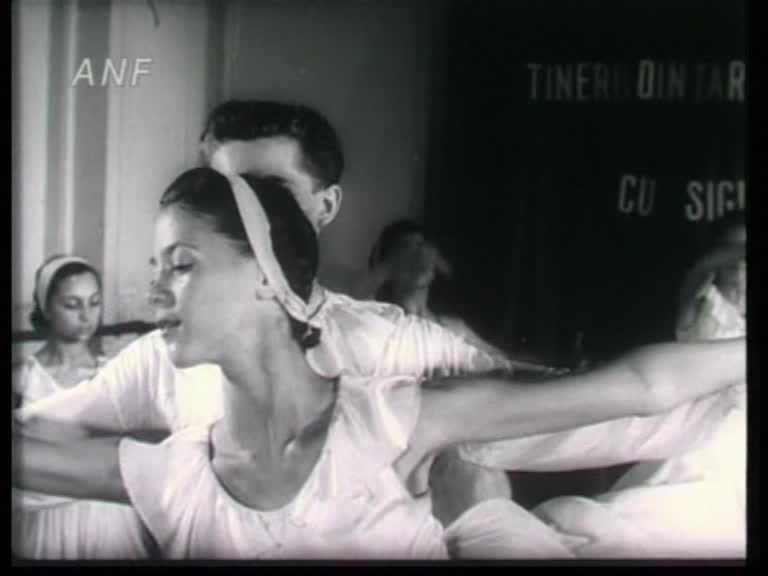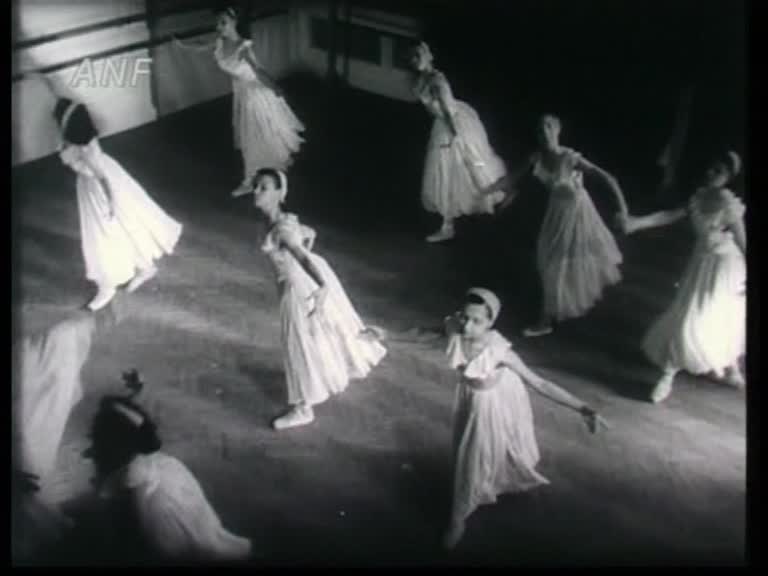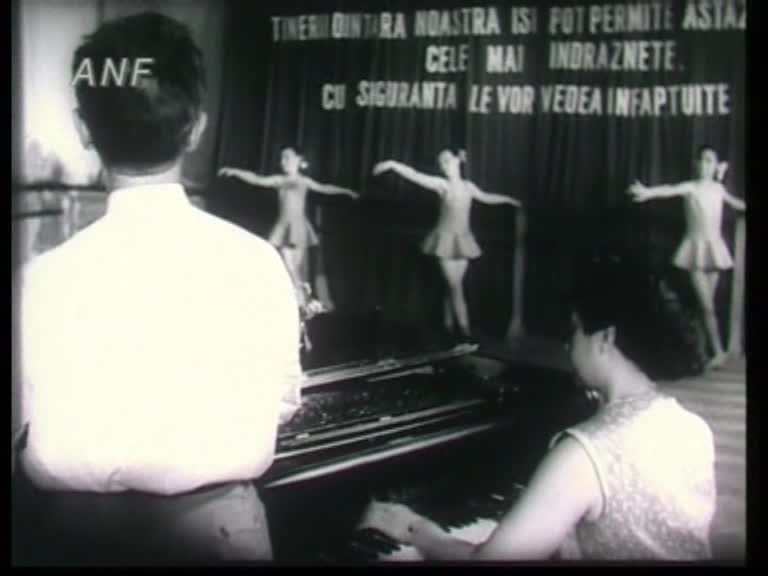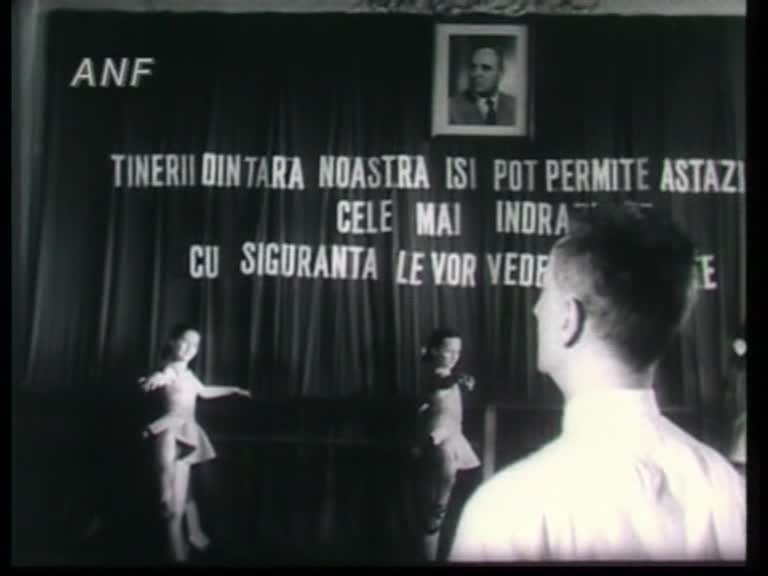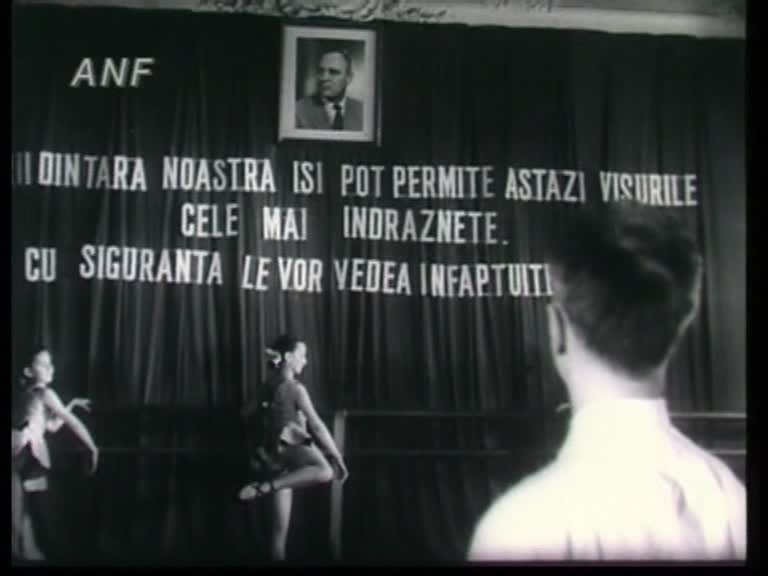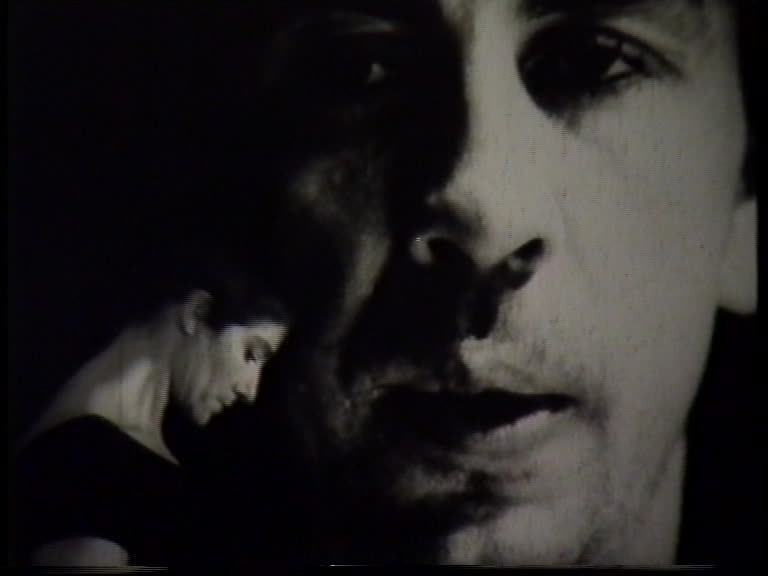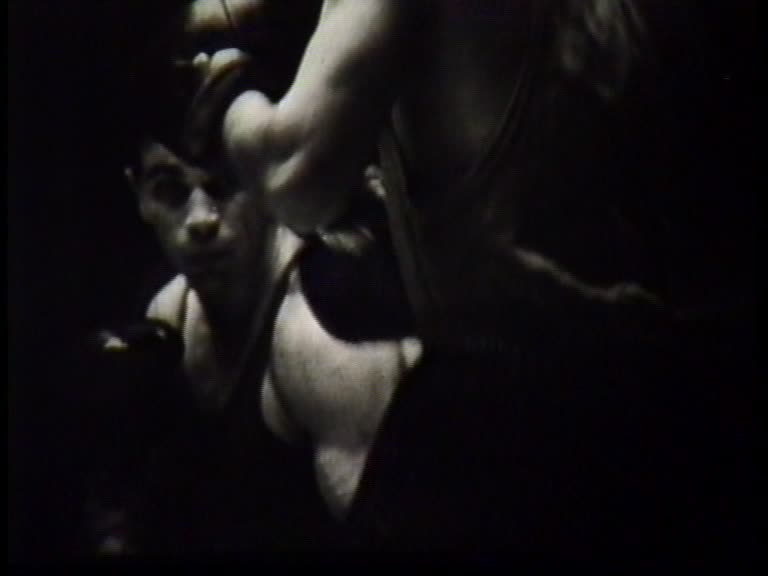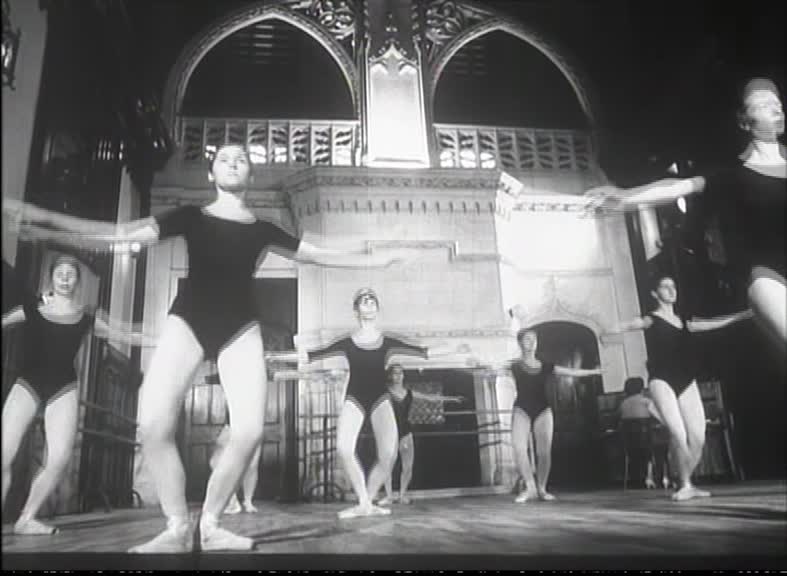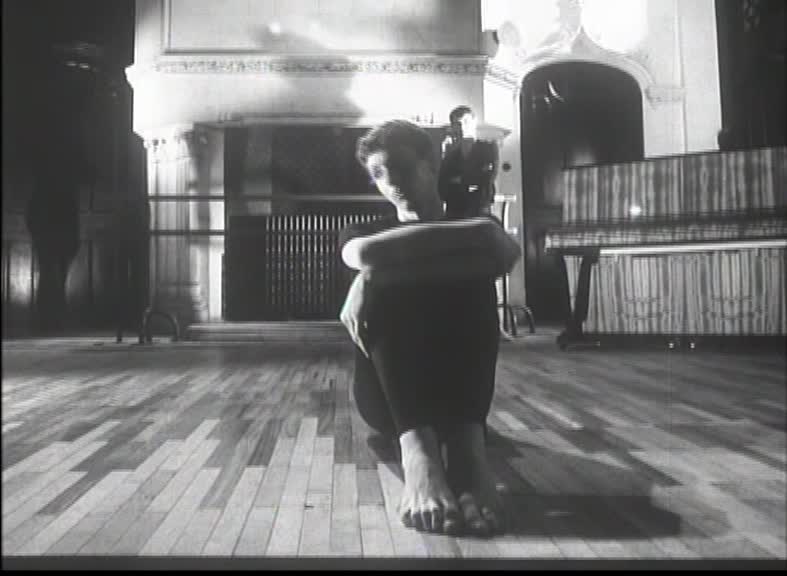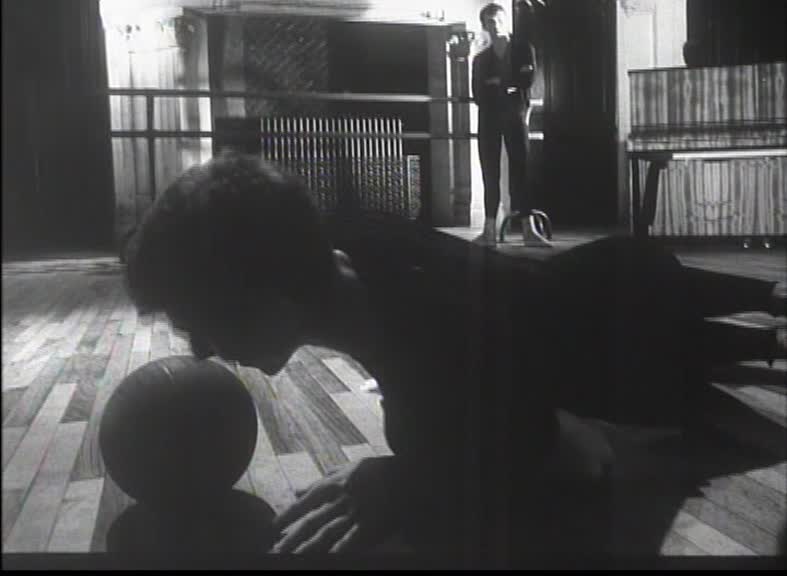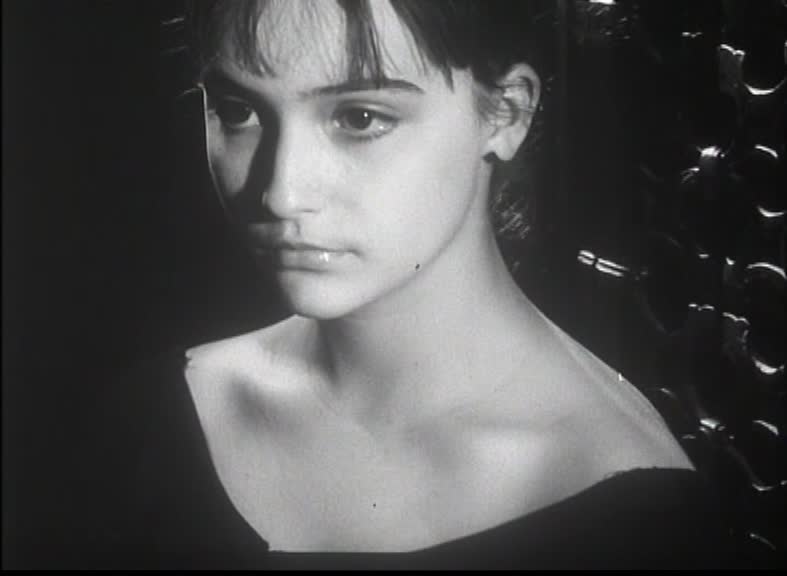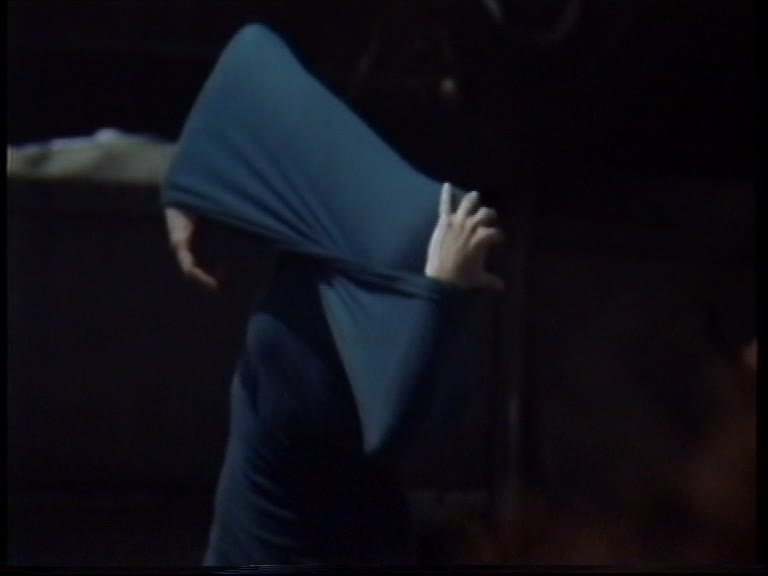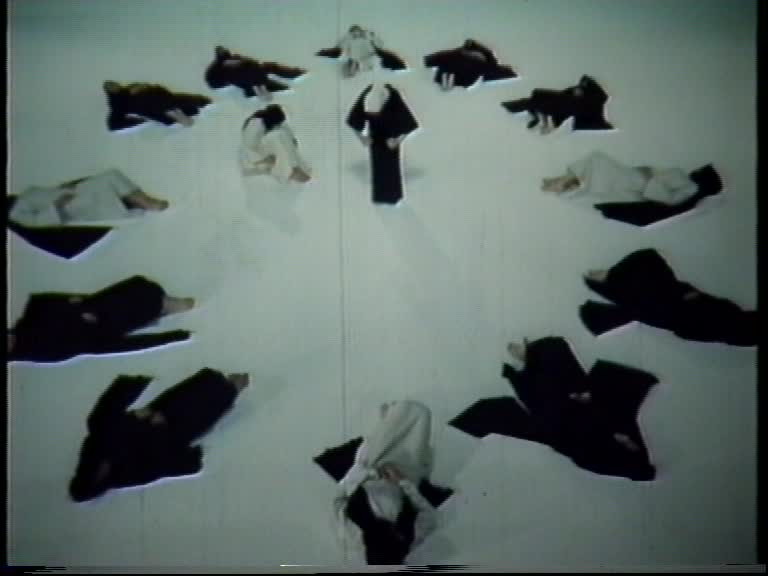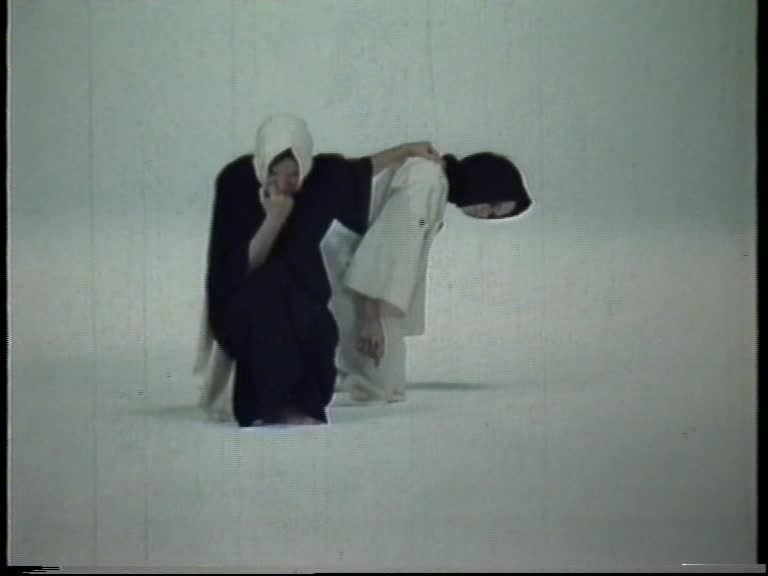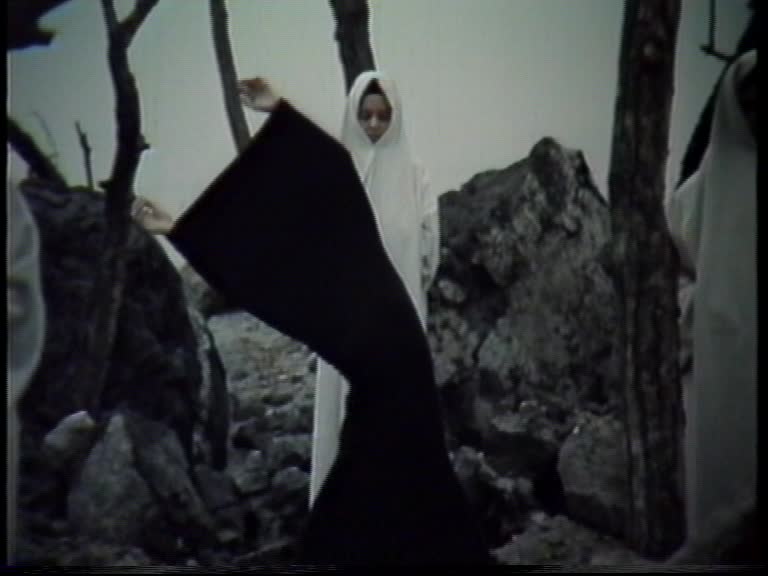midnight specials
6 SEPT | 21.3OPM - 22.30PM
national dance centre bucharest
Free admission
In the year marking the Centenary, we bring forward a unique itinerary in what constitutes the timelines and spaces of creative choreography, so as to offer a dynamic image of the Romanian dance and film avant-garde, through the screening MIDNIGHT SPECIALS | A selection of Romanian archive dance films, a program curated in partnership with the National Dance Centre Bucharest, The Resource Cube #Mediateca and the CNDB archive.
LE P’TIT PARIGOT | Lizica Codreanu
2:00’, 1926, FR , fiction silent film, black&white
D: René Le Somptier
C: Lizica Codreanu
A two-minute fragment presenting choreographer Lizica Codreanu while she performs the avant-garde dance with the disc in the French film Le P'tit Parigot, wearing a non-conformist costume designed by Sonia Delaunay. Being part of the Parisian artists’ scene, alongside Man Ray, Constantin Brancusi and Tristan Tzara, Lizica discovered new ways of innovating dance through improvisation.
DANCES FOR ENTERTAINMENT
7:03’, 1934, RO, silent documentary, black&white
D: Leria Niki-Cucu
C: Leria Niki-Cucu
Leria Niki-Cucu completed her education in France and was characterized in the press of the interwar period as a "master of dance" with a particularly special "mimic and dramatic expression". In the film Dances for Entertainment, the students of The Leria Niki-Cucu Conservatory interpret a series of character dances that take us back 84 years ago, in a period of time when ballet schools used to animate the Romanian artistic scene. Dances for Entertainment can be considered to be the first documented proof of the encounter between Romanian film and dance.
Source: The National Film Archive
YOUNG TALENTS
2:28’, 1952, RO, reportage, black&white
A reportage dated from the time of Gheorghe Gheorghiu-Dej about the collaboration between The Choreography School in Bucharest and Leningrad, with performances from Dumitra Constantinescu, Esther Magyar, Anton Romanovski, Elena Ionescu and Amato Cretulescu.
Source: The National Film Archive
CONCERTO GROSSO ÎN DO MINOR
OPUS 6 NR. 8 DE GEORG FRIEDRICH HÄNDEL
8:45’, 1964, RO, fiction film, black&white
D: Mirel Iliesiu
C: Miriam Raducanu
"Emotion has taught mankind to reason" (L. Vauvenargues) is the opening quote in Concerto Grosso. Structured in four parts - "Grave", "Andante Allegro", "Adagio" and "Allegro" - the film captures Miriam Raducanu's ingenious world of gestures in a physical cinema piece, where the boxing ring becomes the play-field for psychological immersion, expressed through experimental cinematic frames.
Source: The National Film Archive
PROPER RHYTHMS
13’, 1964, RO, documentary film, black&white
R: Mirel Iliesiu
Mirel Iliesiu’s third film brings together some of the most important dance artists of that time in a series of poetic choreographic moments: Stere Popescu, Petre Ciortea, Magdalena Popa, Irinel Liciu and Gabriel Popescu. In a poetic essay, accompanied by music and inspired by the poetry of Tudor Arghezi, the film presents four choreographic sketches performed by the dancers Ileana Iliescu and George Cotovelea. The film was presented in 1964 at the Nervi Dance Film Festival in Genoa, where it was awarded the Silver Orchid Award.
Source: The National Film Archive
GENERATIONS | Excerpt Gigi Caciuleanu
1:30’, 1965, RO, reportage, black & white
Shot in what used to be The Choreography High-School on Dumitru Lemnea Street, this film reportage excerpt presents the young Gigi Caciuleanu, performing his already famous dance with the ball, choreographed by Miriam Raducanu. The reportage is seasoned with the testimonial of the choreographer’s father, who tells us openly about the origin of his son’s talent.
Source: The National Film Archive
LESSON IN INFINITY
10:00’, 1965, RO, documentary film
D: Sergiu Nicolaescu
"Fulfilled potential is the supreme and inaccessible purpose of the individual, the never-ending action of fulfilling this potential is our destiny." This is the motto that guides us, even from the beginning of the film, in this documentary essay directed and written by Sergiu Nicolaescu. A series of images depicting gracefulness, dance, flying seagulls and spectacular moments of parachutists’ launches in the air make up this film, with the special contribution of of the ballet dancers and soloists of the Bucharest National Opera House and the national parachute team. The film was awarded Best Experimental Film Prize at the Mamaia Festival in 1965.
In the article "Sergiu Nicolaescu: the engineer, the fable and the film", Horatiu Damian presents Lesson in Infinity as follows: "Images of a natural spectacularity combined with purely artistic scenes give rise to new concepts, merging dance, free fluid movement and film impressionism. The result is not an expression of the easily obtained sensational, but rather it establishes a subtle connection with the intimate structure of free fall, with the idea of truly flying."
Source: The National Film Archive
THE GREAT PASSING
13:29’, 1971, RO, colourfiction film
D: Mirel Iliesiu
C: Miriam Raducanu
An immersion into Romanian mythology, În marea trecere (en. The Great Transition) is based on the 5 dirges interpreted by the Madrigal Choir. By introducing elements related to the native folklore - such as the mask - but also through the many elements describing an interdisciplinary composition - combining poetry, music and video art - the creative duo Ilieşiu-Răducanu created a film with strange and pictural aesthetics. Miriam Răducanu's signature as choreographer, which emphasizes gesture and promotes the liberation of the body from all its stylistic or technical constraints, is showcased by dancers Simona Stefanescu, Gigi Caciuleanu, Sonia Dumitrescu and Raluca Ianegic.
Source: The National Film Archive


